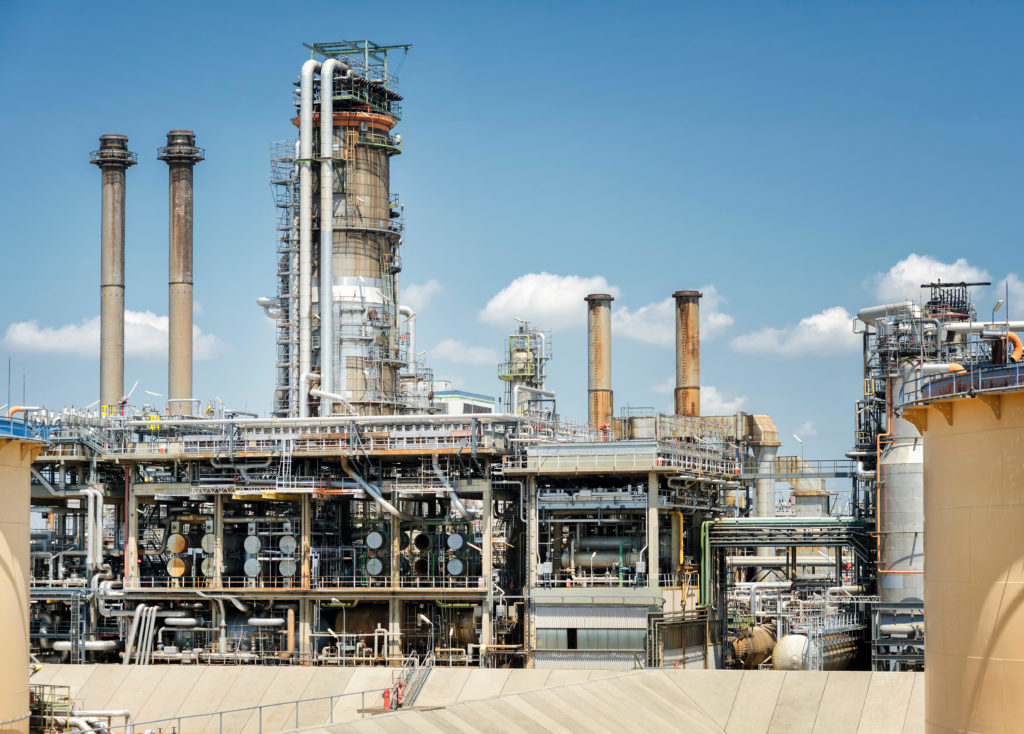TASHKENT
The Bukhara oil refinery in Uzbekistan has started industrial production of AI-98 high-octane petrol in a move to expand high-quality oil products in the Central Asian country.
In 2021, the refinery’s specialists carried out research on the development and launch of production of motor gasoline, and as a result, the production of AI-98 was mastered, Uzdaily reported.
Automobile petrol of the AI-98 brand is mainly used in cars with engines with an increased compression ratio from 12 to 14. Due to its high anti-knock properties, AI-98 petrol increases engine power and improves acceleration dynamics, reducing the level of vibration and noise, and significantly reduces fuel consumption.
The Bukhara oil refinery is expected to produce 36,500 tonnes of AI-91, 13,100 tonnes of AI-92, 1,400 tonnes of AI-95, of which 848 tonnes of high-octane gasoline of the “QuWatt” in September-December this year.
In June, Uzbekistan’s state-owned energy company Uzbekneftegaz said it was in talks with the U.S. companies Honeywell UOP and EXIM Bank to work on the reconstruction of the Bukhara oil refinery.
Uzbekneftegaz is hoping to secure $184 million in financing from EXIM Bank for the next stage of the project. Honeywell UOP, a subsidiary of Honeywell International which delivers technology to the oil and gas sector, will provide licensing and basic engineering design services for several processing units. Existing diesel hydrotreating and amine regeneration units will also be modernised under the plan.
The Bukhara refinery was the first refinery in Uzbekistan to start the production of diesel meeting the Euro-4 and Euro-5 standards in March 2020, and produces petrol, jet fuel, diesel, and pyrolysis gasoline. Operational since 1997, it is located in Karaulbazar in the Bukhara region, 437 km southwest of the capital Tashkent. The refinery’s feed is supplied by oil and gas fields in the Kashkadarya and the Bukhara regions.
Its current processing capacity is approximately 50,000 barrels a day (bpd). Once modernised, refining depth will increase to 95 percent from 79 percent and the light petroleum products yield to 91 percent from 77 percent.
Uzbekneftegaz had already announced that the Bukhara oil refinery would undergo modernisation at a preliminary cost of $553 million, in a three-stage project whose final goal is for the refinery to reach a processing capacity of 2.5 million tonnes of oil and gas condensate, and produce 1.2 million tonnes of Euro-5 gasoline, 200,000 tonnes of jet fuel, 750,000 tonnes of diesel fuel and 30,000 tonnes of fuel oil annually.
The refinery modernisation plan includes installing new units for naphtha hydrotreating, light naphtha isomerisation, pressure swing adsorption, as well as a catalytic cracking complex, apart from the reconstruction of the existing amine treatment units, gas oil hydrotreater, and the atmospheric distillation unit.
SK Engineering & Construction, a subsidiary of South Korea-based SK Group, provided engineering services worth approximately $7.2 million for the refinery modernisation project in July 2020. As part of the contract, SK E&C will conduct a basic design study for the project.

